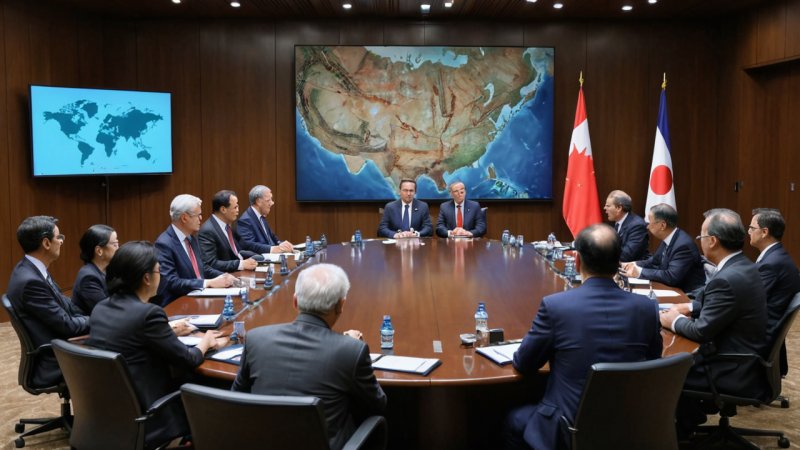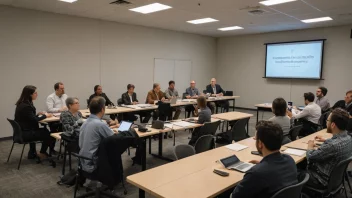The integration of Artificial Intelligence (AI) into international relations has opened up new avenues for diplomacy, conflict resolution, and policy-making. However, it also raises significant ethical considerations that must be addressed. This article explores these ethical dimensions and their implications for the future of global interactions.
AI's role in international relations is multifaceted. It can enhance decision-making processes, provide predictive analytics for conflict scenarios, and facilitate communication between nations. Nevertheless, the use of AI brings forth questions regarding accountability, transparency, and bias. As algorithms increasingly inform policy decisions, the risk of perpetuating existing biases or creating new ones becomes a pressing concern.
One of the key ethical considerations is accountability. When an AI system makes a decision that leads to adverse outcomes, determining who is responsible for that decision can be challenging. This ambiguity could lead to a lack of accountability among policymakers and developers, potentially eroding public trust in governmental institutions.
Transparency is another crucial aspect. AI systems often operate as 'black boxes,' making it difficult to understand how they arrive at certain conclusions. In international relations, this lack of transparency can hinder diplomatic negotiations and conflict resolution efforts, as parties may be suspicious of the motives behind AI-driven decisions.
Additionally, the potential for bias in AI systems poses ethical dilemmas. If AI tools are trained on historical data that reflects societal inequalities, they may inadvertently reinforce those biases in international policy decisions. For instance, if an AI system is used to analyze data on immigration patterns, it may draw conclusions that unfairly target specific demographics, leading to discriminatory practices in immigration policy.
To illustrate these challenges, consider a case study involving AI in military applications. The development of autonomous weapon systems raises questions about the ethical implications of delegating life-and-death decisions to machines. As nations invest in AI-driven military technology, it is crucial to establish international norms and regulations governing their use to prevent escalation of conflicts and ensure compliance with humanitarian law.
Furthermore, the global nature of AI technology necessitates international cooperation to address ethical concerns. Countries must engage in dialogue to create frameworks that promote responsible AI development and usage in international relations. Initiatives such as the Global Partnership on AI aim to foster collaboration among nations to ensure that AI serves the common good while respecting human rights.
In conclusion, while AI holds great promise for enhancing international relations, it is imperative to navigate the ethical challenges it presents. Accountability, transparency, and bias must be critically examined to ensure that AI technologies contribute positively to global diplomacy and policy-making. As we move forward, the establishment of international guidelines and collaborative efforts will be essential in harnessing the potential of AI while safeguarding ethical standards.






